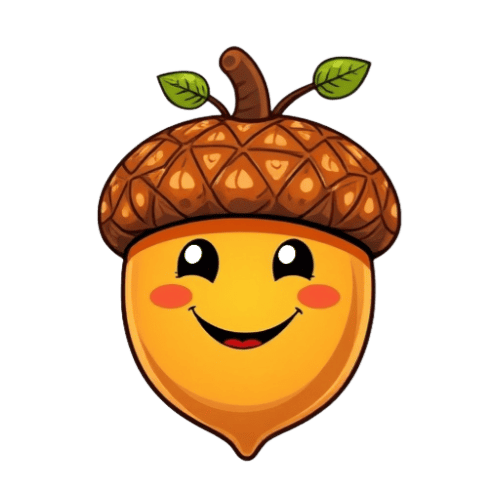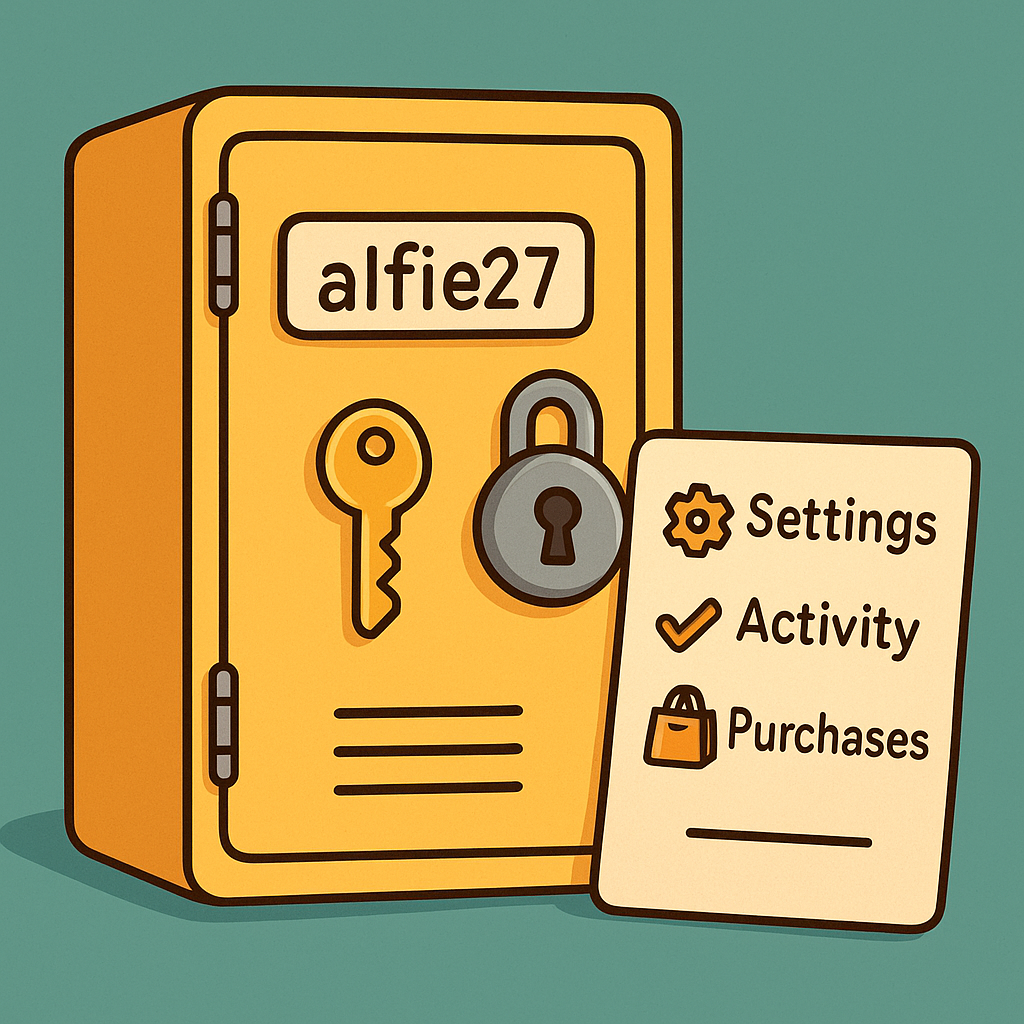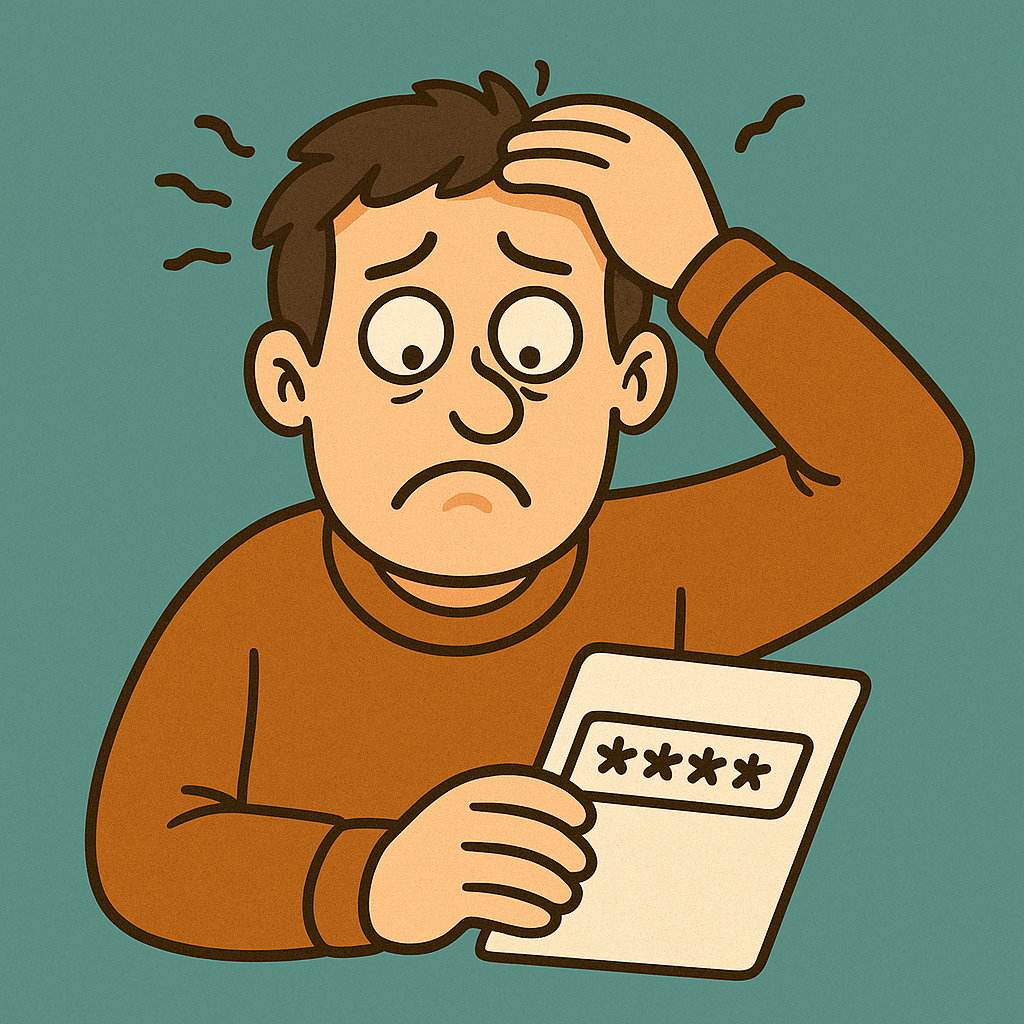A Calm Introduction To The Online World
7. Passwords, Emails & Logins – A Beginner’s Guide to Online Accounts

At some point, nearly every website asks you to “log in,” “sign up,” or “create an account.”
If those words make you feel uneasy or unsure — this lesson is for you.
Let’s uniack what online accounts really are, why they matter, and how to use them safely.
What Is an Online Account?
An online account is like a locker with your name on it.
It holds:
- Your settings
- Your activity
- Sometimes your purchases or saved items
To open the locker, you need:
- A username or email
A password (your key)

Why Email Matters
Your email address is like your home address on the internet.
You’ll need one to:
- Create accounts
- Get receipts and confirmations
- Reset passwords
- Communicate safely
If you don’t have an email address yet, don’t worry — I can help with that in a future guide.
What’s a Password?
A password is a secret word or phrase you create to protect your account.
It’s your key. You don’t want anyone else using it.
A good password should:
- Be at least 8–12 characters
- Use a mix of letters, numbers, and symbols
- Not include your name or birthday
For example:
❌ password123&
✅ CafeTable!47!
How to Remember Passwords
Here’s what I suggest for beginners:
- Use a notebook (on paper, not a sticky note) marked “Passwords”
- Or use a password manager eg LastPass (I use LastPass and have done for years. I wouldn’t know what to do without it now! )
- Never reuse the same password for every account
Most importantly:
Don’t panic if you forget. Most sites have a “Forgot Password” link — and you can start fresh.

Common Login Terms
Here’s what you might see:
|
Term |
What It Means |
|
Sign up |
Create a new account |
|
Log in |
Enter your info to open an account |
|
Username |
Your name or email used to identify you |
|
Password |
Your secret key to protect your account |
Don’t worry — the more you do it, the more natural it becomes.
Your Task For Today
- Think of a website you already use (like Amazon, Gmail, or Pinterest)
- Log out, then log back in again — just for practice
- Try writing down:
- The website name
- Your login email
- A hint to your password (not the actual password!)
This builds both memory and confidence.
And Finally...
Creating an account doesn’t mean giving away your privacy.
It means choosing to have a place — online — that’s yours.
👉 Next: Lesson 8 – Using Your Device Calmly: Phones, Tablets & Laptops Explained
You’re learning how to step through the door — and lock it when you need to.
